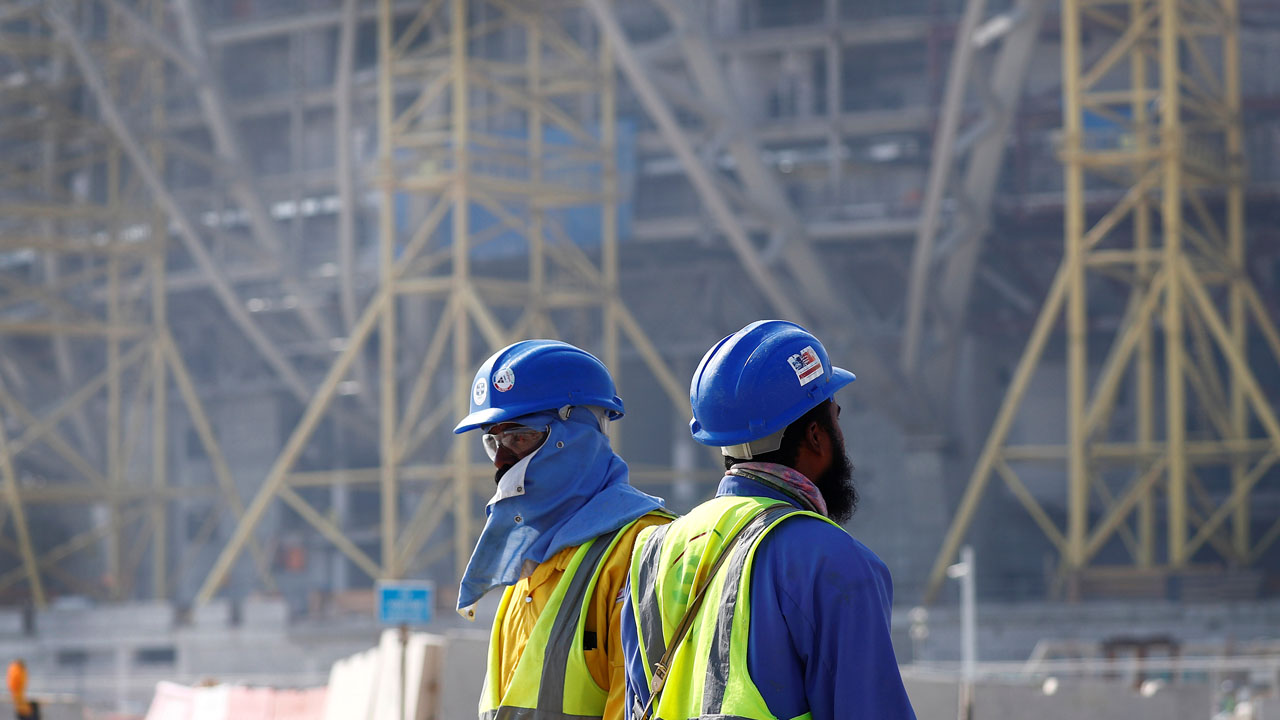The rise in prices of building materials has constituted a major threat to the construction sector, housing development by private developers and independent builders who desire to have a roof over their head.
Building materials, which play a critical role in the construction industry have reacted to the nation’s inflationary trend in the last two years. Adding to the woes of the sector are the exchange rate, port charges, haulage and diesel cost.
Developers and investors have seen materials cost shot up by over 50 per cent in the last one year with inflation rising to about 17.7 per cent as of May, 2022. The most affected material components include cement, reinforcement bar, tiles, doors, gravel, sand, paints, roofing sheets and others.
For instance, a 50kg bag of cement that was sold for N2, 600 in 2019 rose up to N4, 500; Iron rod increased from N300, 000 per tonne to N415, 000 in the building materials market.
Consequently, most developers had to increase their rent and prices between 40 to 50 per cent across major cities, while abandonment of projects has become a social menace in the country. Many contractors started projects, which have become untenable due to cost variations.
Experts say the preponderance of uncompleted and substandard buildings was not unconnected to the inflation and high cost of building materials, which fueled fluctuation in the construction cost.
Confirming the trend, the South West Chairman, Real Estate Developers Association (REDAN), Mr. Debo Adejana, told The Guardian that developers are adopting a wait-see approach to the staggering prices of building materials in the market.
He said: “It is very real but what is happening mostly is that developers are watching the prices, especially for off-plan projects so that cost variation will not totally stall projects.
Adejana said both developers and independent builders are pulling out of site, adding that the way out for most people has been to ask and settle for negotiated reviewed prices.
According to him, in the South West states, Lagos, which is the commercial nerve centre of Nigeria, is the most prominent in terms of abandoned projects due to high cost of materials. He attributed the development to the fact that Lagos commands the highest number of projects ongoing.
In terms of cost variations between last year and now, he argued that depending on the point in time, the average variation between last year and now has been between 70 per cent to 100 percent on most materials.
An independent builder located in Okota area, Mr. Godwin Eze told The Guardian that the increase in prices of materials have become too alarming as he had to abandon construction work of his three units of two bedroom flats because of a hike in the price of roofing sheets, which almost doubled in recent times.
“You can imagine buying a bundle of roofing for over N17, 000 and l will require more than six bundles. l have to concentrate on more pressing needs first like payment of my children’s tuition in school. Let me survive first by eating well with my family. I hope the price will come down soonest, then l may consider resumption of work on the project,” he said.
The Managing Partner, Refin Homes Limited, Kazeem Owolabi, also said it is unfortunate that abandonment of projects has become the reality of today’s market. He said: “Lots of projects are left either uncompleted or uninhabitable due to high cost of building materials and this usually leads to project overrun. Projects are uninhabitable in the sense that most developers are drastically reducing quality of materials and project specification just to break-even. You then see that the market isn’t responding to such developments and this has now further compounded the housing shortage.”
“Most independent builders are now developers. The only difference is in the structure. Rise in cost of building materials affects all, however the direction being taken now, is to increase the property price rather than totally abandon the site. Invariably what this means is that we now have fewer people with the capacity to purchase properties.”
He added: “I’d say all Southwest states are victims of these. However the rate at which it affects each states differs. Unlike other states that have unregulated physical planning and urban development policies, these states are expected to have lots of abandoned sites with no consequences attached. However, due to strong regulatory policies in Lagos, site abandonment is an offence and can lead to the confiscation or a ‘seal-off’ of the site by the government. So, rather than face such heavy sanctions, developers will ensure that they complete construction regardless of cost in construction materials.”
Owolabi said in terms of percentage variations between last year and today, it has been a bitter pill to swallow daily but only few developers found a sound strategy around this.
He said: “Back then, it was far easier to plan according to construction prices in the market as they were stable.
Unfortunately the volatility in the market has made it quite tough for most developers to plan ahead. When project analyses are done with certain market prices on Monday, you’d be amazed that the prices have fluctuated by Thursday. An average of 30 to 50 per cent unprecedented hike in prices of construction materials from last year up till now has sent many developers packing.”
Speaking on the issue, the President, Nigerian Institute of Building, Prof. Yoahanna Izam called for improved production of local building materials with some of them significantly insulated from inflation that is related to importation.
He argued that the government must lead by example in using local materials for housing for instance, while others like the private sector should copy such moves.
Izam said: “This will serve as a better shock absolver to some of the expenditures. But we will need a long time to research into such local products.”

